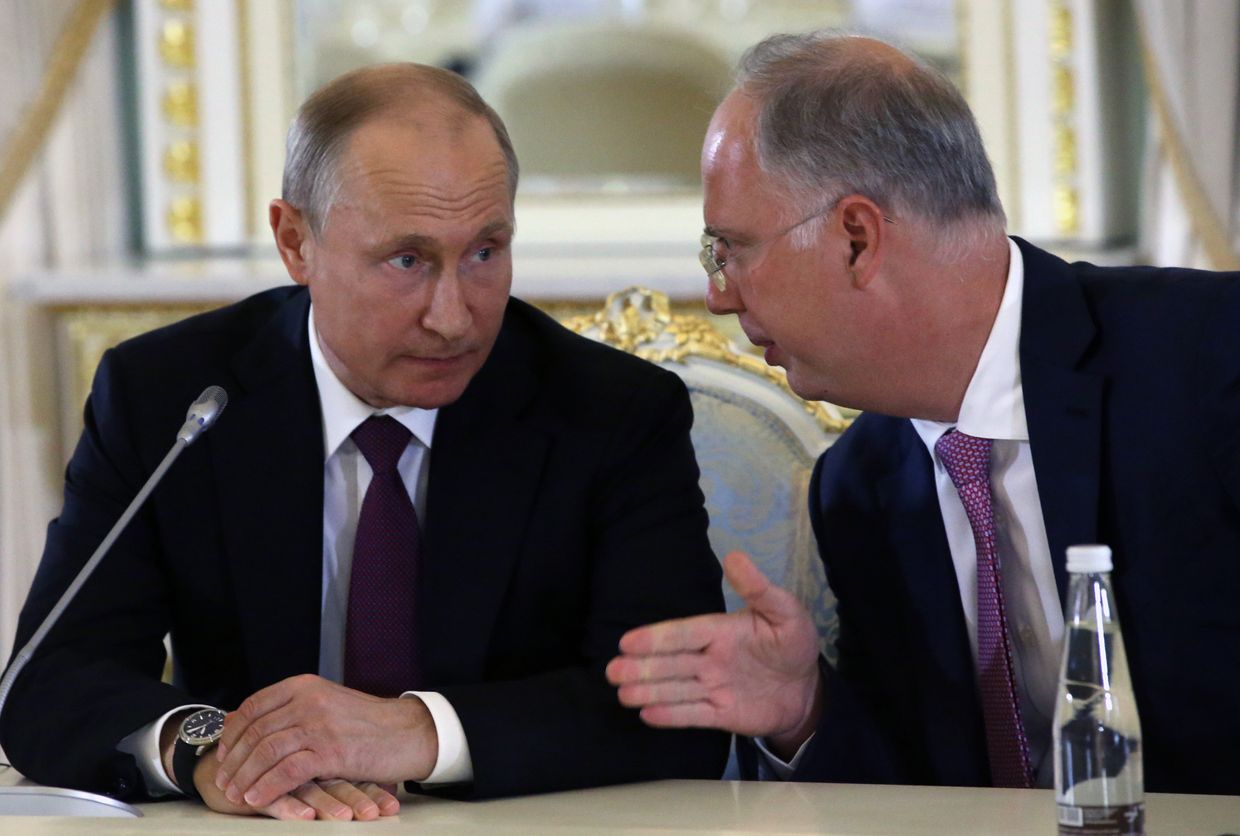EU's 20th sanctions package against Russia to be prepared 'within a month,' Zelensky says

The European Union's 20th sanctions package against Russia is in development and will be ready "within a month," President Volodymyr Zelensky announced on Nov. 9.
The news comes just weeks after the EU's 19th package of sanctions against Russia was approved on Oct. 23.
The package, unveiled by the European Commission on Sept. 19, targeted Russian banks, energy revenues, and networks involved in circumventing existing restrictions imposed over Moscow's full-scale war against Ukraine. For the first time, the EU will also imposed restrictions on crypto platforms and on banks in Russia and other countries that facilitate sanctions evasion.
Zelensky said Kyiv will propose that the 20th sanctions package target "Russian legal entities and individuals that are still profiting from energy resources."
"There will also be updates on the abductors of Ukrainian children – this must be met with truly global pressure. And, of course, there must also be substantially increased pressure on all schemes that enable Russian military production. This is vital," the president added.
The passage of previous sanctions package has been met with opposition from certain European countries, particularly Hungary and Slovakia, occasionally delaying their adoption by months.
Ahead of a vote on the 19th sanctions package, Austria dropped its opposition over demands that the EU compensate Austria's Raiffeisen Bank for losses linked to Russian countermeasures — a proposal rejected by other member states.
Ukraine has previously sought to coordinate its own sanctions with those of its Western allies. Earlier in the day on Nov. 9, Zelensky's office announced that Kyiv had imposed new sanctions on eight senior Kremlin officials, including special envoy Kirill Dmitriev, as well as five Russian publishing houses for crimes against Ukraine and Ukrainians.
The sanctions were largely in response to recent Russian sanctions on Ukrainian officials, particularly Ukraine’s Prime Minister Yulia Svrydenko.












